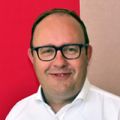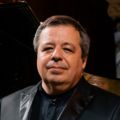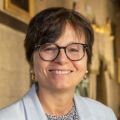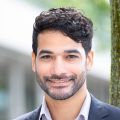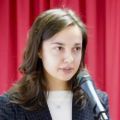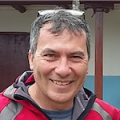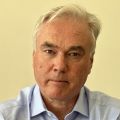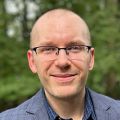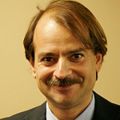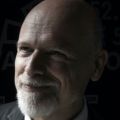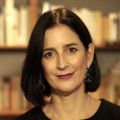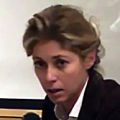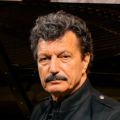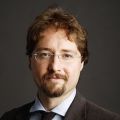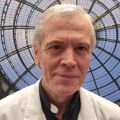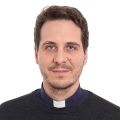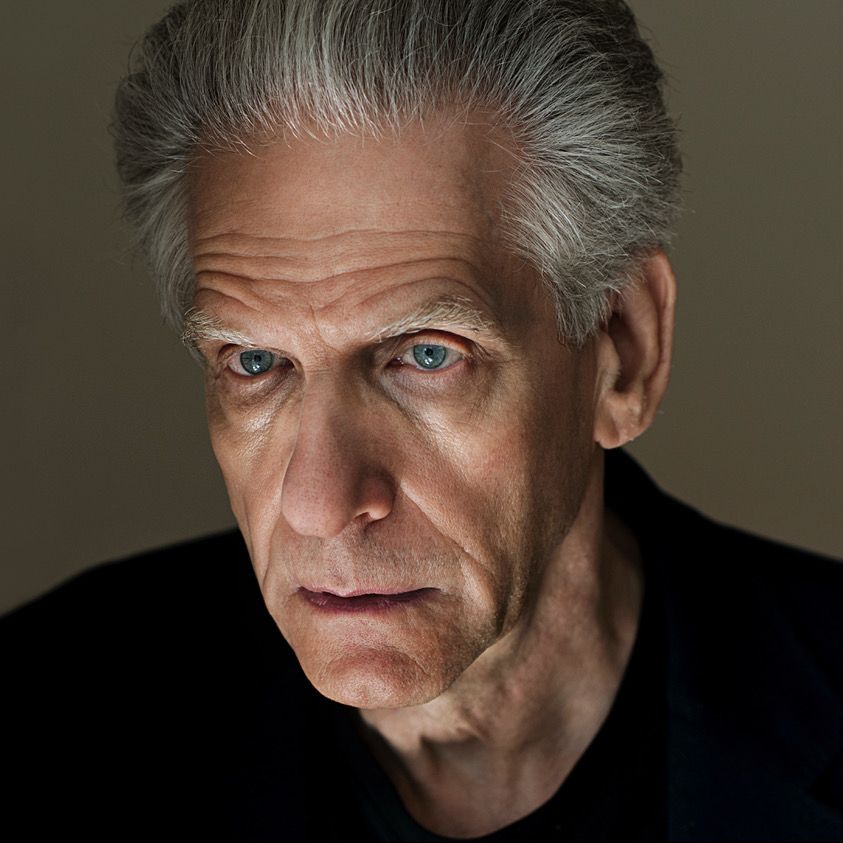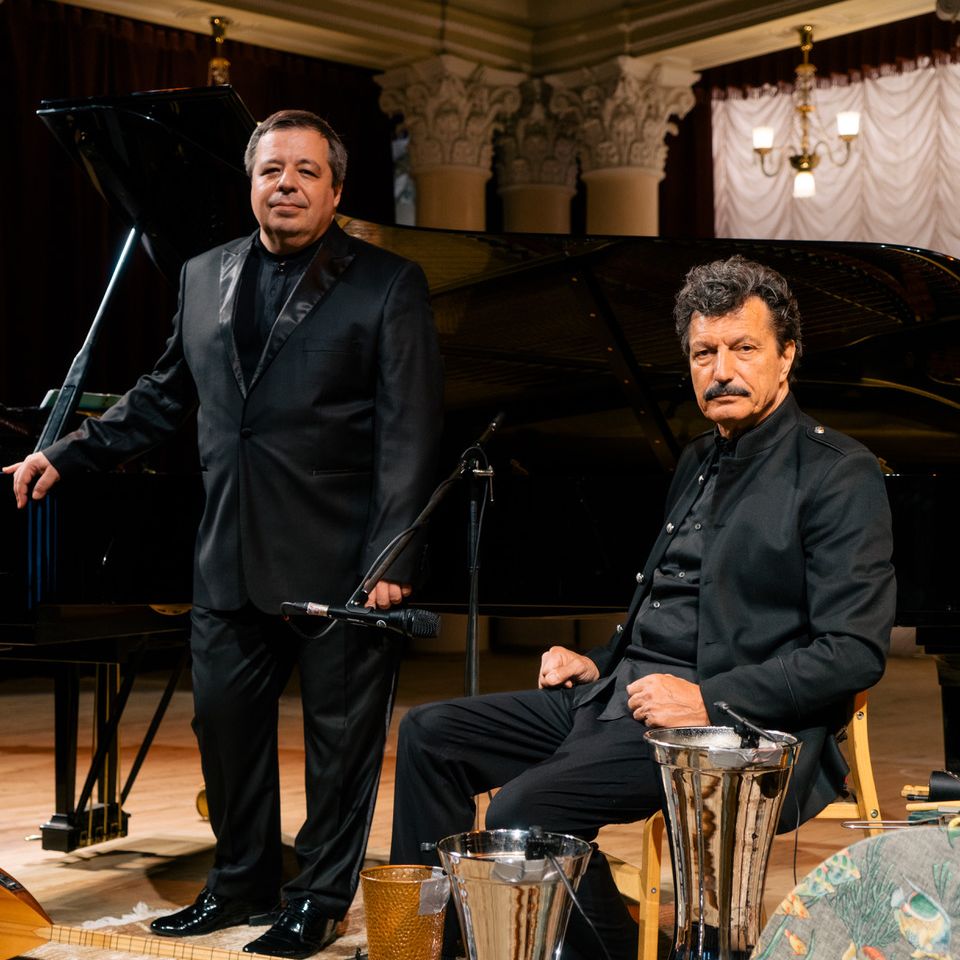Quid est homo? Quis est homo?
What is the human being? Who is the human being?
With this guiding question, the 3rd International Conference Ethics of Engineering Life (ICEEL 2026) invites participants from around the world to reflect on one of the most profound and enduring challenges of human self-understanding—now newly sharpened by rapid developments in the life sciences and medicine.
Advances in molecular and cellular engineering, gene- and cell-based therapies, regenerative medicine, and data-driven biomedical technologies hold immense promise for healing and restoring human life. At the same time, they confront us with questions that cannot be answered by science alone. As life becomes increasingly amenable to technical intervention, questions of meaning, dignity, responsibility, and limitation come decisively to the fore.
The distinction articulated in the conference title—quid and quis—marks a central orientation of ICEEL. It reminds us that understanding what the human being is in biological and technological terms must always remain connected to the deeper question of who the human being is: a person embedded in relationships, history, culture, and moral responsibility. Ethics, religion, philosophy, and the humanities are therefore not external add-ons to scientific progress, but essential partners in its interpretation and guidance.
ICEEL is deliberately conceived as an interdisciplinary and dialogical space. Scientists, clinicians, ethicists, theologians, philosophers, communicators, artists, and members of the interested public are invited to engage one another across disciplinary boundaries. The conference format—centered on moderated panel discussions rather than isolated lectures—reflects our conviction that ethical insight emerges through encounter, dialogue, and shared reflection.
In this spirit, ICEEL also reaches beyond academic discourse to include artistic contributions, such as music and cinema, which offer distinctive ways of exploring human embodiment, vulnerability, creativity, and transformation. These artistic perspectives do not merely illustrate ethical questions; they open complementary modes of understanding that are indispensable to a comprehensive reflection on what it means to be human.
We are grateful to all speakers, contributors, and participants for their willingness to engage in this shared inquiry. We hope that ICEEL 2026 will serve as a space of attentive listening, critical thinking, and respectful dialogue—across disciplines, cultures, and worldviews.
We warmly welcome you to ICEEL 2026.
Renzo Pegoraro
President, Pontifical Academy for Life, Vatican City
Ralf Stutzki
Head of Ethics, NCCR Molecular Systems Engineering
University of Basel & ETH Zurich
